Climate science
-
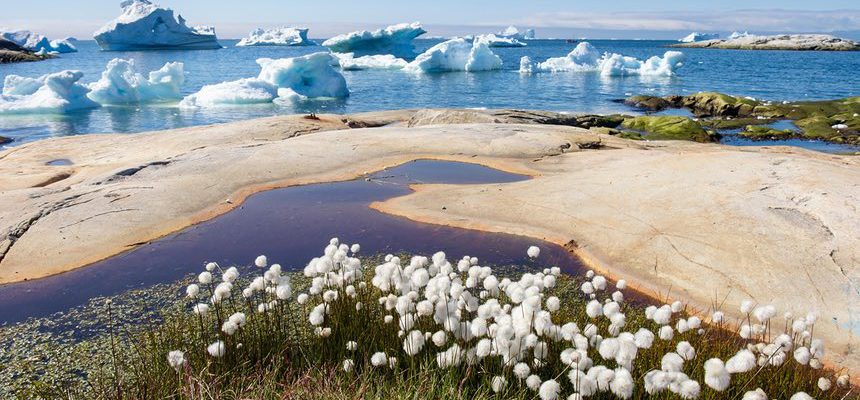
Some new research coming out of the University of Zurich suggests that the warming we are seeing over the Arctic is have consequences for subtropical areas of East Asia. Using models and observations, the scientists found that changes in the atmospheric weather patterns have been leading to cooler winters there, causing reductions in crop yield…
Posted in: Climate science -
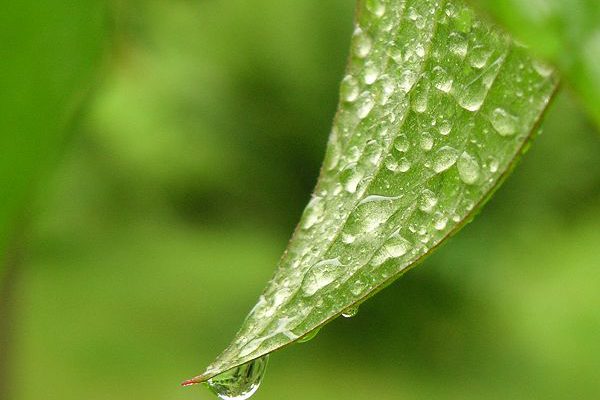
A new study published January 31 in the Proceedings of the National Academy of Sciences shows that the effect of increasing humidity may be at least as important to changes in climate as the rise in temperatures we are seeing now. We can already see impacts in the more rapid rise of overnight low temperatures…
-
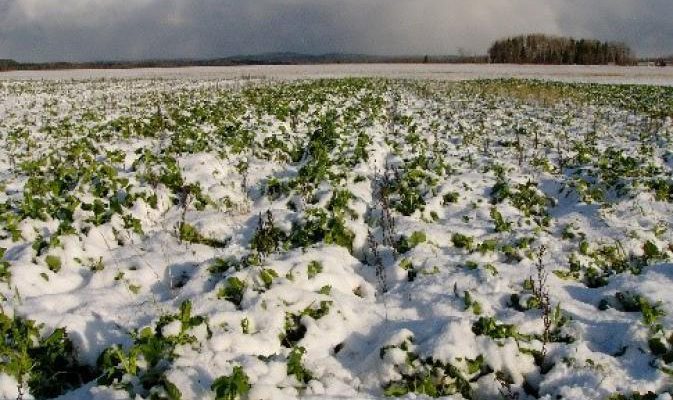
Most people enjoy the scent of rain when it starts to fall. That is called petrichor, and you can read about it here. But I never really thought about the smell of snow before because it is usually so cold that it is hard to smell anything. So I was interested to read this story…
-
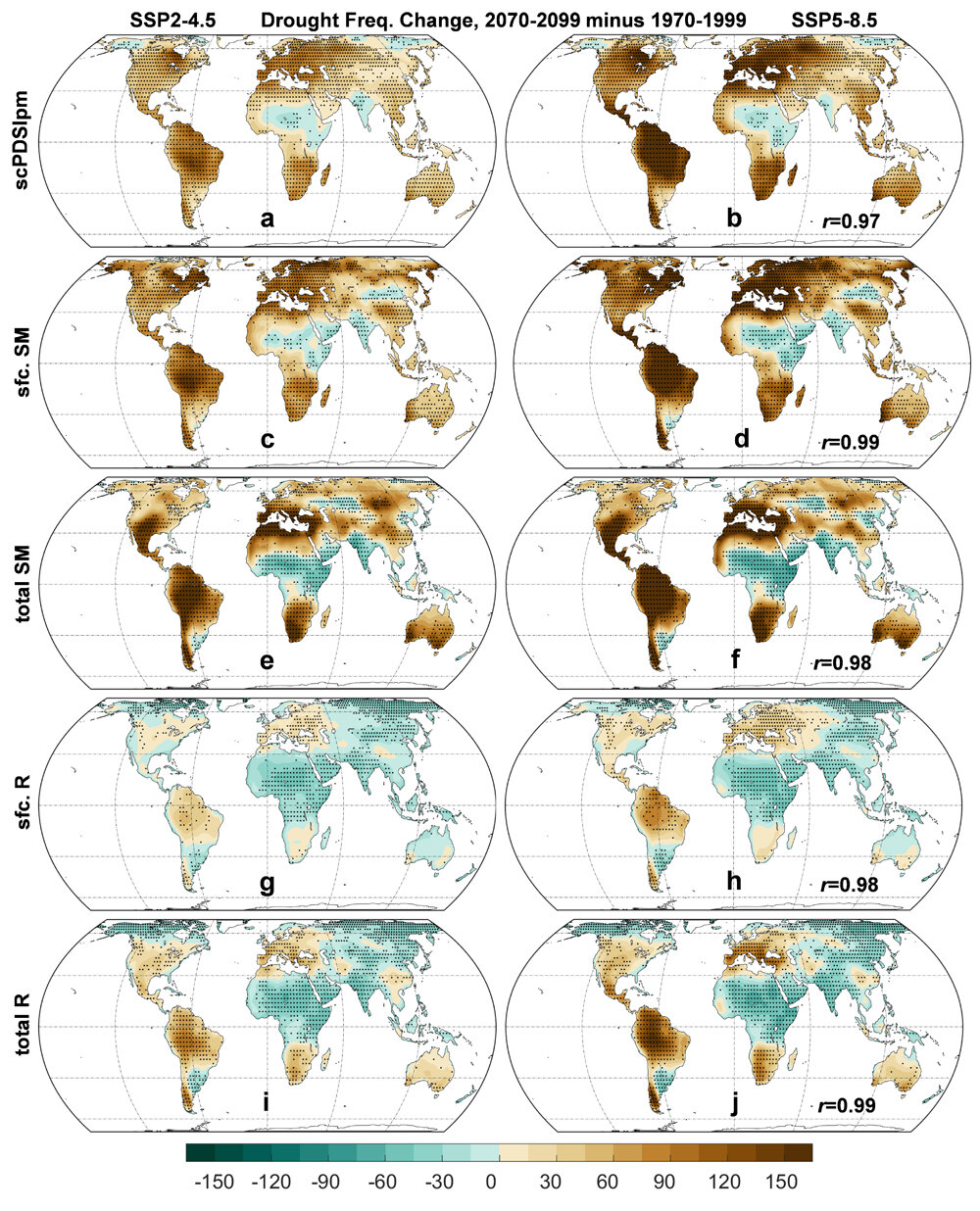
A new study published by the Journal of Climate in January shows that based on studies of different climate models at different increases of carbon dioxide, drought is likely to increase in many places across the globe. Even in areas where precipitation increases, the effects of the warmer temperature and associated evaporation and evapotranspiration combine…
-
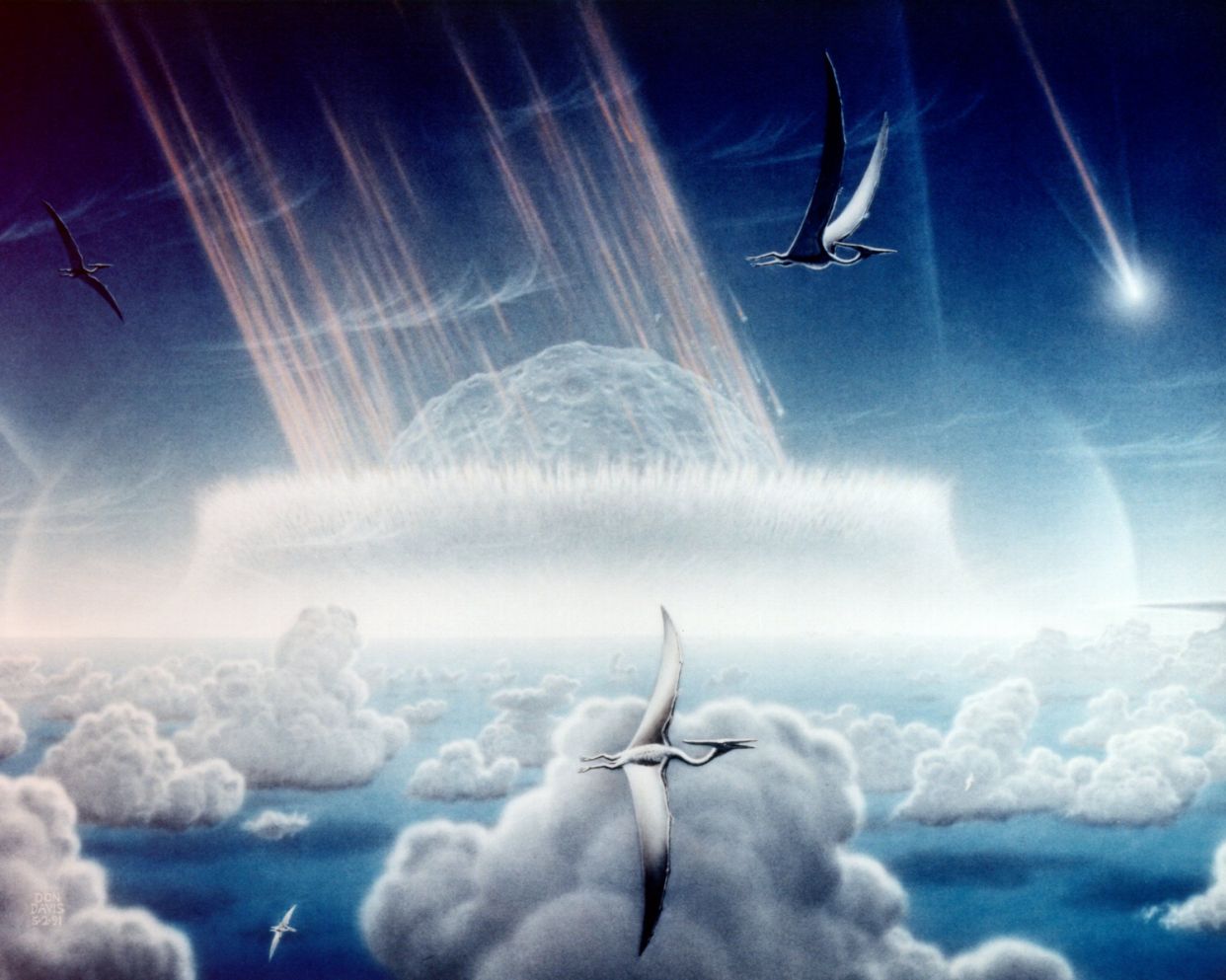
This story is not really an agriculture or climate story, but it’s a very interesting look at how paleontologists determined the month in which a meteor crashed into the earth. This event led to the extinction of most dinosaurs 66 million years ago. The scientists did it by looking at fossils found in rocks created…
-
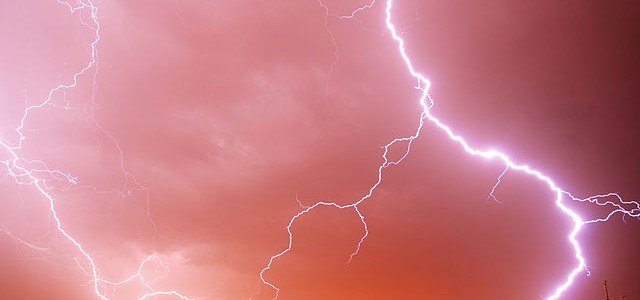
There have been a lot of changes in how we work, shop, and travel since the pandemic started to shut things down in March 2020, almost two years ago. You might wonder whether some of these changes have affected the atmosphere and the weather. Here is an interesting story I saw today about a recent…
-
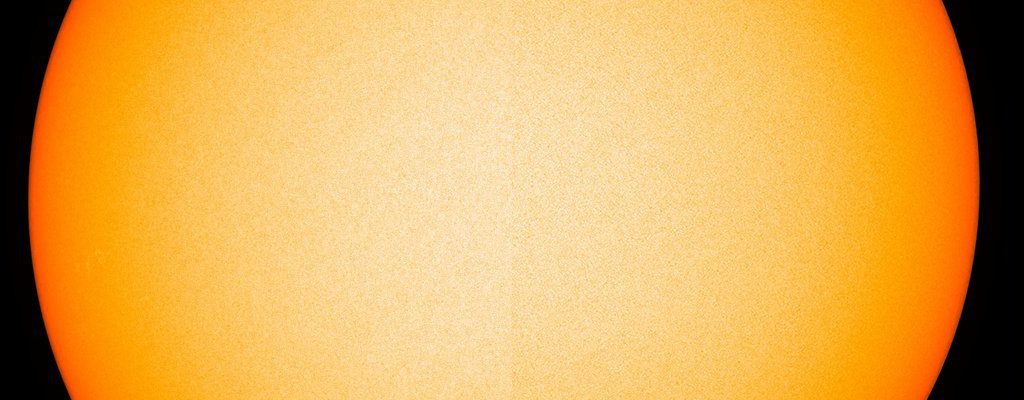
Do you think that we are the coldest in the winter months because the Earth is farther from the sun in those months than in our Northern Hemisphere summer? Actually, Earth is closer to the sun in January than in July because of its elliptical orbit around the sun. The difference in solar radiation is…